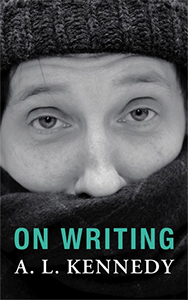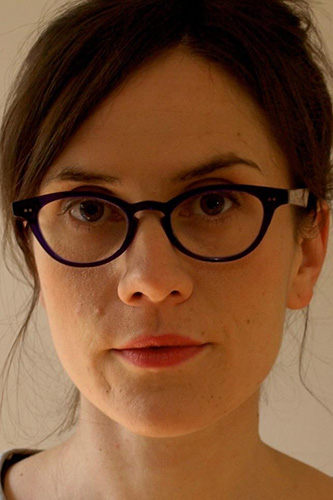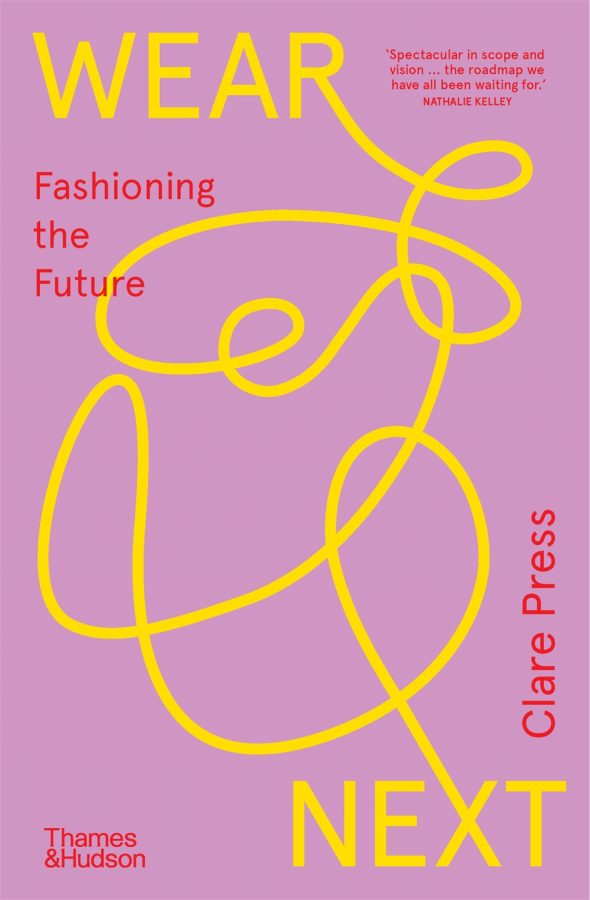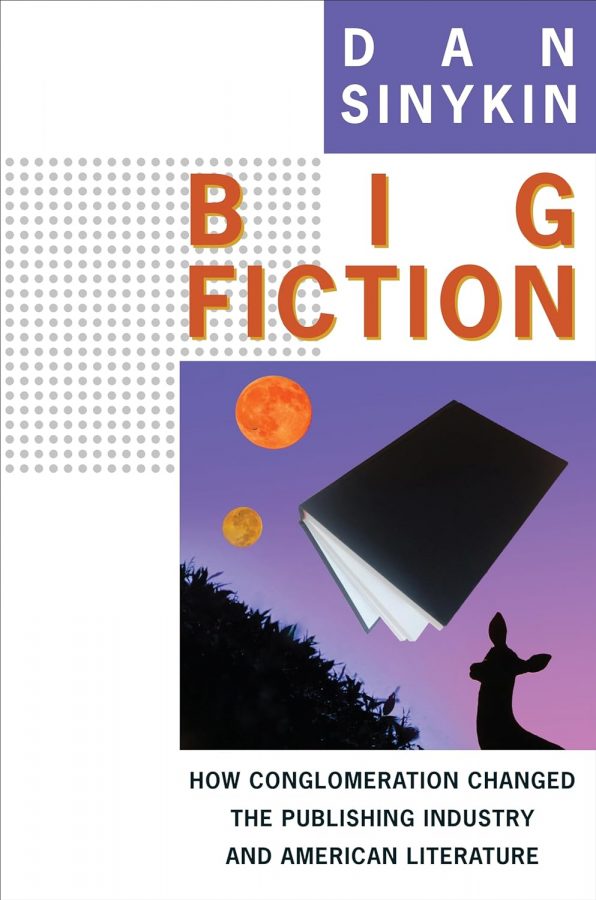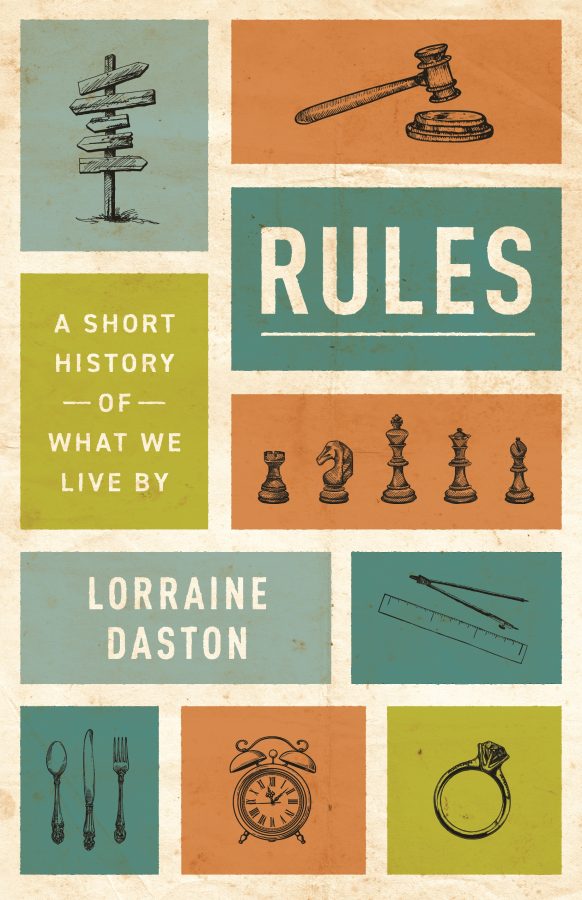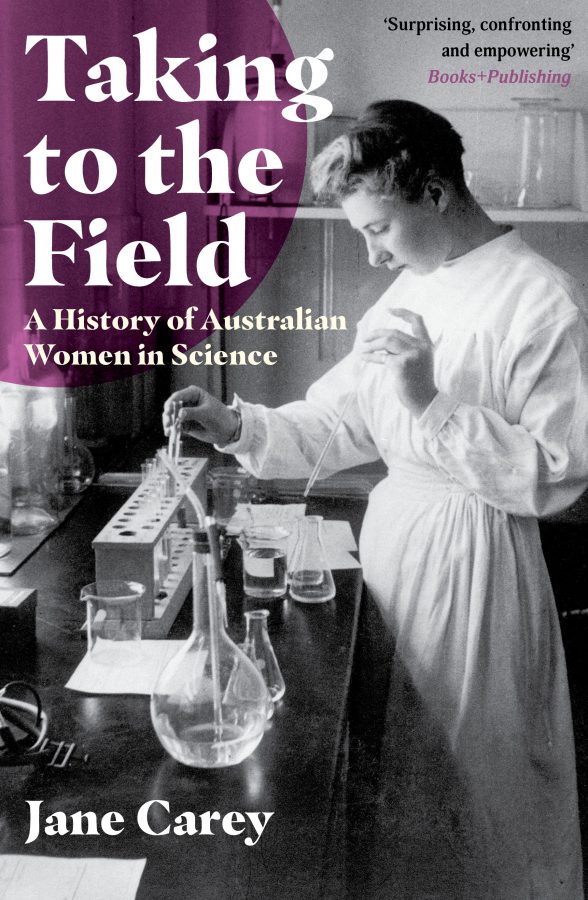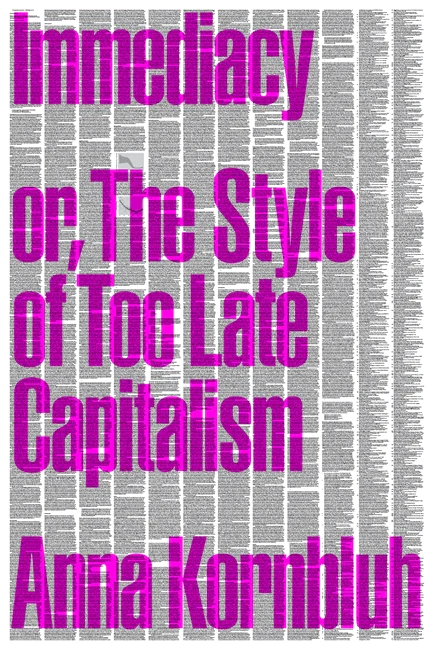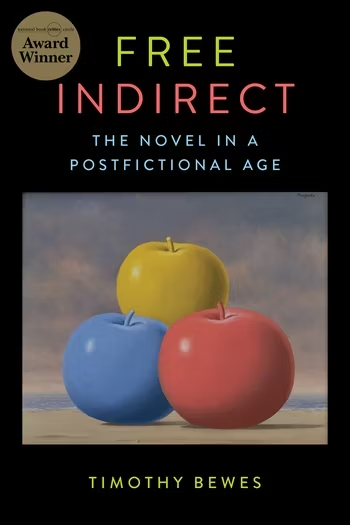‘I fully intend,’ claims the British writer A.L. Kennedy in On Writing, ‘to run a workshop using horses at some point.’ She is talking, specifically, of using horses in a creative writing workshop. Why? ‘Horses are powerful, beautiful, frightening animals, which magnify the rider’s emotional state, yet respond readily to moderate discipline and carry the rider where they wish to go.’ The relationship between the horse and its rider is a vital and optimistic metaphor for the relationship writers have to their work in progress. Yes, running a workshop using horses sounds gimmicky and impractical. Do the horses come to campus? Or is this one of those Nathalie Goldberg-esque quasi-spiritual retreats promising to free the writer within?
Kennedy’s remark is not made in jest: it is her belief that lived experience is essential to the writing process and needs to be integrated into the way writing is taught. Inviting a horse to the writing workshop is not her only irreverent suggestion. She also proposes that the student group and their teacher might benefit from sharing a meal, attending a concert together, or taking a walk. They might ‘be offered texts, films, music, images that they have not encountered – or that they have not encountered as that group.’ She is talking here, one must assume, about a small and carefully selected Masters group (Kennedy teaches into the MA in Writing at Warwick University), not the 100-plus cohort of an undergraduate creative writing course.
While her suggestions may sound unscholarly and frivolous, Kennedy is seriously proposing an alternative to the standardised and, in her view, problematic way in which creative writing is frequently taught. Her frustration with the dominant pedagogy is partly to do with the fact that Creative Writing as a discipline has been, and is, erroneously dominated by English departments. As she argued in a recent interview with the New Statesman, the writing course is ‘not fit for purpose. It wasn’t designed by writers … The idea that the English department should be the one that creative writing is attached to makes no more sense than it being attached to the anthropology department or the physics department.’
It is a sentiment repeated in On Writing. And while there are plenty who would disagree, arguing that an alliance between Creative Writing and English is of great benefit to both, such an alliance inevitably shapes the format and practices of the writing workshop. The end result is a writing workshop that draws heavily on the protocols of the English seminar, where exemplary literary texts are taken as models that writers can use to develop their critical reading skills and knowledge of craft or technique. Alongside this, there is also the collective appraisal of student work. In each scenario, practices of reading dominate; it is the literary product that is privileged and discussed, rather then the creative process. ‘As a tutor,’ Kennedy writes, ‘I feel that workshops are often designed to make all those involved feel they’re achieving something, while taking part in an activity that is almost exactly not writing.’
Kennedy is a much-lauded British novelist, short story writer and stand up comic. She is the author of six novels, five short story collections and two works of non-fiction. She is the winner of numerous international prizes including the John Llewellyn Rhys Prize, the Costa Book of the Year Award, and the Costa Novel Award, and has twice been named one of Granta magazine’s Best Young British Novelists. Her new collection, On Writing, anthologises a selection of her blog posts, originally written for the Guardian newspaper. Alongside these blogs are several essays on subjects ranging from the making of character, the experience of insomnia, the importance of arts funding and, most impressively, a treatise on the creative writing workshop, ‘Does That Make Sense?’. While the essays in On Writing are, for the most part, published here for the first time, the blog entries appear as they do online, with only minimal changes.
The relationship between the blog and the essay is itself vexed, and the combination of the two makes for an idiosyncratic collection. The very idea of publishing an anthology of blogs sits uneasily: in book form the blog becomes frozen, isolated, no longer part of a ‘live’ and updatable performance. Often the hardcopy version reads like a dutiful dispatch, the kind where one records all the busy events of the day, while giving only glimpses of the troubled, secret life beneath. Although we know this secret life exists – we hear of it in Kennedy’s best fiction. On Writing instead gives us Kennedy the comic and activist, Kennedy the seasoned entertainer: ‘When I go outside I simply fall over – either because of the sheet ice and uncollected bin bags underfoot or simply because my brain can no longer sustain coordinated movement while obsessing with adequate enthusiasm over the twiddly bit on page 308.’
On Writing details the troubled evolution of a novel in progress and Kennedy’s take on the writing life. In her attempt to give a faithful account of what this life is like, the blogs tend to read as an inventory of interruptions: publicity tours, festivals, a freezing apartment, uncomfortable hotels, excessive train travel, fatigue, illness, illness, more illness, medication and illness-inducing quantities of Red Bull.
The very best of On Writing occurs when Kennedy speaks – as both teacher and practitioner – of the anxieties that accompany the creative writing workshop. On the one hand, there are the obstacles of the writing life; on the other, there is the most common thing one does in this era to aid the writing life – namely participate in, or teach, writing workshops. This is a dominant theme of the book, addressed frequently in the blogs and in the essays. Universities offer valuable and welcome patronage for writers, safeguarding more adventurous literary practices. But in return, Kennedy argues, writers must teach within a compromised model. The question for Kennedy is how can the formalised teaching of writing be improved in order to meet the real requirements of writers?
Kennedy, like many who teach creative writing, is ‘uneasy with the workshop as a tool’. Not only because it so narrowly defines the experiences, skills and activities necessary to developing one’s technical and creative ability as a writer. Nor because most of the time is spent reading and discussing acts of reading. Kenendy’s complaint is also aimed at the real need for a writer to keep their work private and to receive specialised feedback. In the ‘classic writers’ workshop format’, writing is often presented at a too-early stage. It is private, even secret work, forced into a public space. It is critiqued by people who often don’t know what they are talking about, and classes are frequently too large for anything more than cursory analysis of the writing in question. Believed to be useful, the standard writing workshop, Kennedy argues, may in actuality be destructive. At worst, she claims, it is
a time-filling farce and we should not indulge it. What should we put in its place? Everything else. That sounds flippant but I mean it quite literally, and writers given half a chance already do break away from the form as often and as imaginatively as they can.
Kennedy is not the only one to question the value and function of the writing workshop. The debate around this ubiquitous phenomenon is gaining momentum, resulting in a flurry of articles and scholarly titles, including Rachel Cusk’s ‘In Praise of the Creative Writing Course’, Stephanie Vanderslice’s Rethinking Creative Writing in Higher Education (2011), Mark McGurl’s The Program Era: Postwar Fiction and the Rise of Creative Writing (2009), Paul Dawson’s Creative Writing and the New Humanities (2005) and Kevin Brophy’s Explorations in Creative Writing (2003). Many of these speak to the teacher or scholar of writing, investigating the implications of the writing workshop and its underlying pedagogy.
Kennedy’s approach is distinct in that she is speaking as a writer to other writers. She is not so much presenting an argument as talking from experience and raising questions about the nature of creative work. Put simply, she claims that ‘the aim of the writing workshop … is to help writers write better.’ If creative writing teachers accept this as their aim, rather than feeling beholden to an ill-matched disciplinary model that values a particular kind of literary study, then ‘every possible source and stimulation is opened’. A workshop, Kennedy suggests, ought to be a place where one learns ‘how all other activities can feed the writing,’ where participants might ‘find new ways of seeing and being,’ where they come to ‘learn what their [own] inspirations feel like.’ Critique has its place, without doubt, but it can be forced on work too soon. Nor does superior literary knowledge necessarily pave the way for dynamic creative work. In the best scenario, she suggests, the writing workshop might broaden its activities and focus in order to enter into the many and varied experiences – including analysis and assiduous feedback – that provoke, and help one understand, the process of making of literature. Kennedy reminds us that, for the most part, the workshop participant is someone who does not yet know how to write, and the teaching that responds to the elemental question ‘How do I do it?’ must do so with a taste for institutional rule bending. This is because that question – how do I do it? – is, for most part, not an academic question. And it is a question that hides a small forest of sub-questions: How do I find something to write about? How do I know when I have found something? How do you come up with ideas? When it comes to a novel or a poem, what counts as an idea? What do I do with all this mess that doesn’t connect? How do I sustain this? What is voice? How do I know what to cut? How come nothing seems to happen? Is a character a person? And so on.
Such questions can only partly be answered by looking at literary examples. When the aspiring writer asks these questions, they are not necessarily looking for a technical solution, such as is made available through literary critique. What they also want, and rightly so, is to participate in a dialogue about the feeling of making something, about the nature of perception (too often presented as the calcified instruction ‘add more detail’), about the slow process of coming to know one’s own subject. Those participating in a writing workshop want to have a conversation about the experience and conceptual act of composing. Such questions are more familiar to the practice of the fine arts. Strangely, creative writing is not often aligned with or modeled on such disciplines. Yet this approach is what Kennedy is getting at when she recommends the company of horses: writers should be engaging with the world directly rather than drawing on other people’s texts. Jokes aside, there is a psychic validity to her suggestion: understanding the horse as a metaphor for writing by experiencing it as a physical presence might assist, she suggests, in externalising the murky internal process of composition. In proximity to such an animal, one has the chance to develop a comparative intuition of beauty and power and an expanded feeling for the disciplined direction of force, giving the writer fresh if magical purchase on a project that instinctively tends towards wildness.
Most teachers of writing, like Kennedy, attempt to balance these two needs of the student-writer – the need for knowledge and analysis, and the need to familiarise themselves with, and discuss, the creative or artistic process. This is treacherous territory. The balance between these two things can be fraught, waylaid by rising student numbers and the compliance requirements of assessments and learning objectives. How, I wonder, would one justify the taking of a long walk or the sharing of a meal in relation to student learning outcomes or graduate attributes? How would one articulate such activities in terms of a rationale for the inclusion of content and teaching approach? Transferable skills, rubrics and word counts attempt to manage the situation, but they also dumb it down.
Of course, learning to ‘write better’ inevitably involves learning to critique one’s own work in the most robust fashion, a skill one may develop through close and serious reading. Nevertheless, for the writer, writing is firstly and primarily about making. Kennedy’s collection encourages us to interrogate the purpose of the writing workshop, and question why it is that in the division of academic labour the act of analysing and critiquing, the act of taking apart, has dominated and shaped a discipline that has everything to do with the way one learns to put something together. Bring on the horses.
